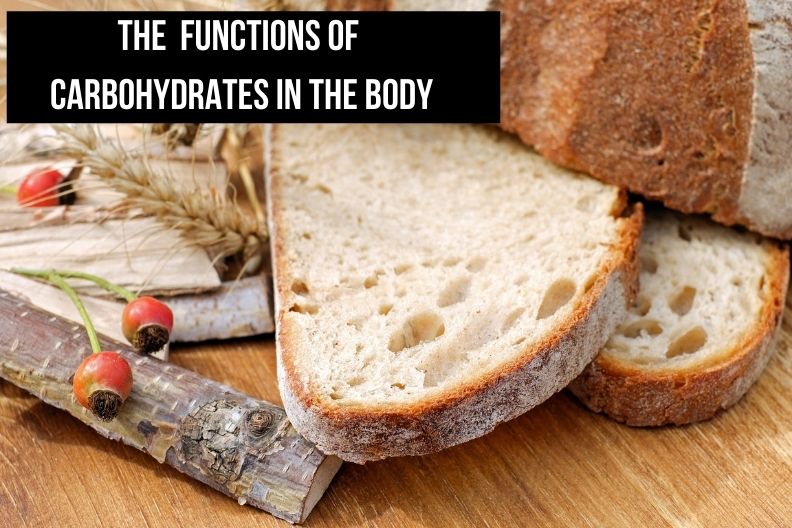This post contains affiliate links. This means I will make a commission at no extra cost to you should you click through and make a purchase. Read the full disclosure here.
It’s not always easy to get the vitamins and minerals we all need to stay healthy. Sometimes we get them from food, but sometimes we get them from other sources like supplements and medicines.
The good news is that there’s one thing we can find and take inside our bodies that will give us the nutrients we need: CARBS! Carbohydrates are found in a lot of different foods and they can give us everything we need to stay happy and healthy.
Here are a few of the benefits of eating carbs:
Table of Contents
Provide Energy
Providing enough energy for all the cellular activities needed to sustain life is your body’s top priority. Carbohydrates are the preferred source of this energy. This is because your body can use them so efficiently as a fuel supply. However, if your diet does not provide enough carbohydrates, your body will draw mainly upon proteins for fuel needs.
Spare Proteins
If necessary, your body can use proteins as an energy source. Your body is less efficient in using proteins for energy than it is in using proteins for energy than it is in using carbohydrates. More importantly, if you if you eat too little carbohydrate, your body will not be able to use proteins for their major functions. These functions include building and maintaining cell structures. By eating adequate amounts of carbohydrates, you spare the proteins. That means you allow the proteins to be used for their more vital roles.
Break Down Fats
If the diet is too low in carbohydrates, the body cannot completely break down fats. Incompletely broken down fats form compounds called ketone bodies. These compounds then collect in the bloodstream, causing the blood to become more acidic than normal. This acidity can damage cells and organs. This condition is called ketosis. A person has a characteristic “nail polish remover’’ breath. He or she also feels nauseous and weak. If the ketosis continues the person can go into a coma and die.
Provide Bulk in the Diet
One other important function of carbohydrates is to add bulk to the diet. Fiber is the carbohydrate responsible for this task. It helps promote normal digestion and elimination of body wastes.
Like the muscles in your arms and legs, the muscles in your digestive tract need a healthy workout. Fiber is the solid material that provides this workout, helping intestinal muscles retain their tone.
Fiber acts like a sponge. It absorbs water,which softens stools and helps prevent constipation. Softer stools are easier to pass, reducing the likelihood of hemorrhoids, which are swollen veins in the rectum. Some fibers form gels that add bulk to stools. This helps relieve diarrhea.
Bulk in the diet has added benefits for people who are trying to lose weight. As fiber swells, it helps you feel full. Fiber also slows the rate at which the stomach empties. Fibrous food sources are usually lower in calories than foods high in fat, too.
Conclusion
Carbohydrates play an integral role in many of the body’s functions. Whether they are enhancing an athlete’s performance or maintaining the optimal health of an older adult, a proper understanding of how carbohydrates aid in the body’s overall wellbeing should be known.





